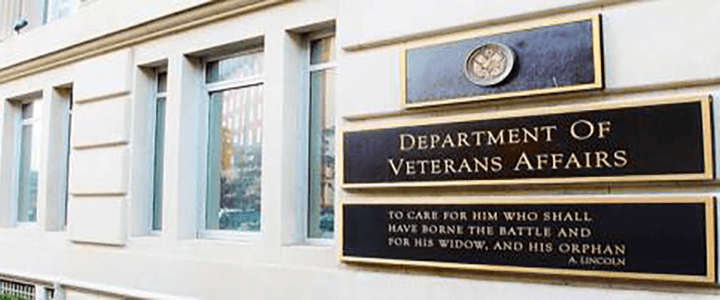President Trump fired Secretary of Veteran Affairs David Shulkin last week, after several weeks of speculation over when that move would come. Shulkin understood his time was up and was well-prepared for the move, as evidenced by the appearance of an op-ed in the New York Times — published online the day after he was fired, and in print Friday — where he cast himself as the victim of the “ambitions of people who want to put V.A. health care in the hands of the private sector.”
These parting shots are reason enough to prove that Shulkin, a holdover from the Obama administration, deserved to go. Almost every other Republican-led initiative to reform how the VA delivers health care to veterans has been branded privatization by Democrats. The same holds true now; despite their best efforts to portray it that way, there are no credible plans to “privatize” the Department of Veterans Affairs.
what is the veterans independence Act?
The same way a Bush-era proposal to provide a market-based option for Social Security was labeled as an effort to privatize that program, so, too, do advocates for reforming the VA get branded as privatizers. In his op-ed, Shulkin said those who advocate for veterans’ choice “seek to privatize veteran health care as an alternative to government-run V.A. care.” He accused these unnamed “political appointees” of failing “to engage in realistic plans regarding who will care for the more than 9 million veterans who rely on the department for life-sustaining care.”
But Shulkin and his defenders do not refer to any specific proposals, because they cannot. They don’t exist.
What does exist is a proposal that first surfaced more than two years ago, during the Republican primary contest for president, to provide greater choice for veterans. Concerned Veterans for America, a conservative advocacy organization once headed by Iraq War veteran and frequent Fox News Channel contributor Pete Hegseth, came up with the “Veterans Independence Act.” This proposal would give veterans an insurance benefit that they could use as they see fit.
Because of Hegseth’s unabashed conservatism and the fact that CVA is part of the Freedom Partners network, funded largely by Charles and David Koch, that made the idea immediately suspect. Armed with the knowledge of how the word privatization scuttled any chances to reform Social Security, defenders of the VA status quo have long sought to paint these proposals with the same broad brush.
Choice does not mean full VA privatization
So what would the CVA proposal do? While it would enable veterans to get their care from the private sector if they chose to do so, even the Washington Post’s fact checker team gave a “Three Pinocchios” rating to the idea that it was privatization.
At the heart of the Veterans Independence Act is the simple but radically different idea that veterans should enjoy the freedom the rest of the country enjoys, the freedom to receive their health care wherever they want. Instead of shackling them to the VA’s own medical centers, qualified veterans would receive a benefit that they can use to purchase any insurance plan available in their state, including the one offered by the VA.
The VA’s medical centers would not go away, however. To borrow a phrase, if veterans like their VA doctor, they can keep their VA doctor. This proposal recognizes that there are some things the VA does well. No one understands veterans’ mental health issues better than the VA, and in conjunction with military doctors, the VA provides the finest prosthetics available anywhere.
And despite all the problems, there are still thousands of dedicated, caring employees within the VA who are just as angry as the rest of us at the mess their department has become. They deserve our support as well.
Whatever proposals are floating around inside the VA, I have no doubt they’re based largely, if not wholly, on the Veterans Independence Act.
The independent panel that developed CVA’s proposal found that 95 percent of veterans believe it is important to receive the best possible health care, even if that means getting it from outside the VA system, and 91 percent believe it’s important to receive care close to their homes. The Veterans Independence Act is the best method to enable those qualified veterans who want that option to have it.
It deserves a better shot than the cheap one David Shulkin took at it.




